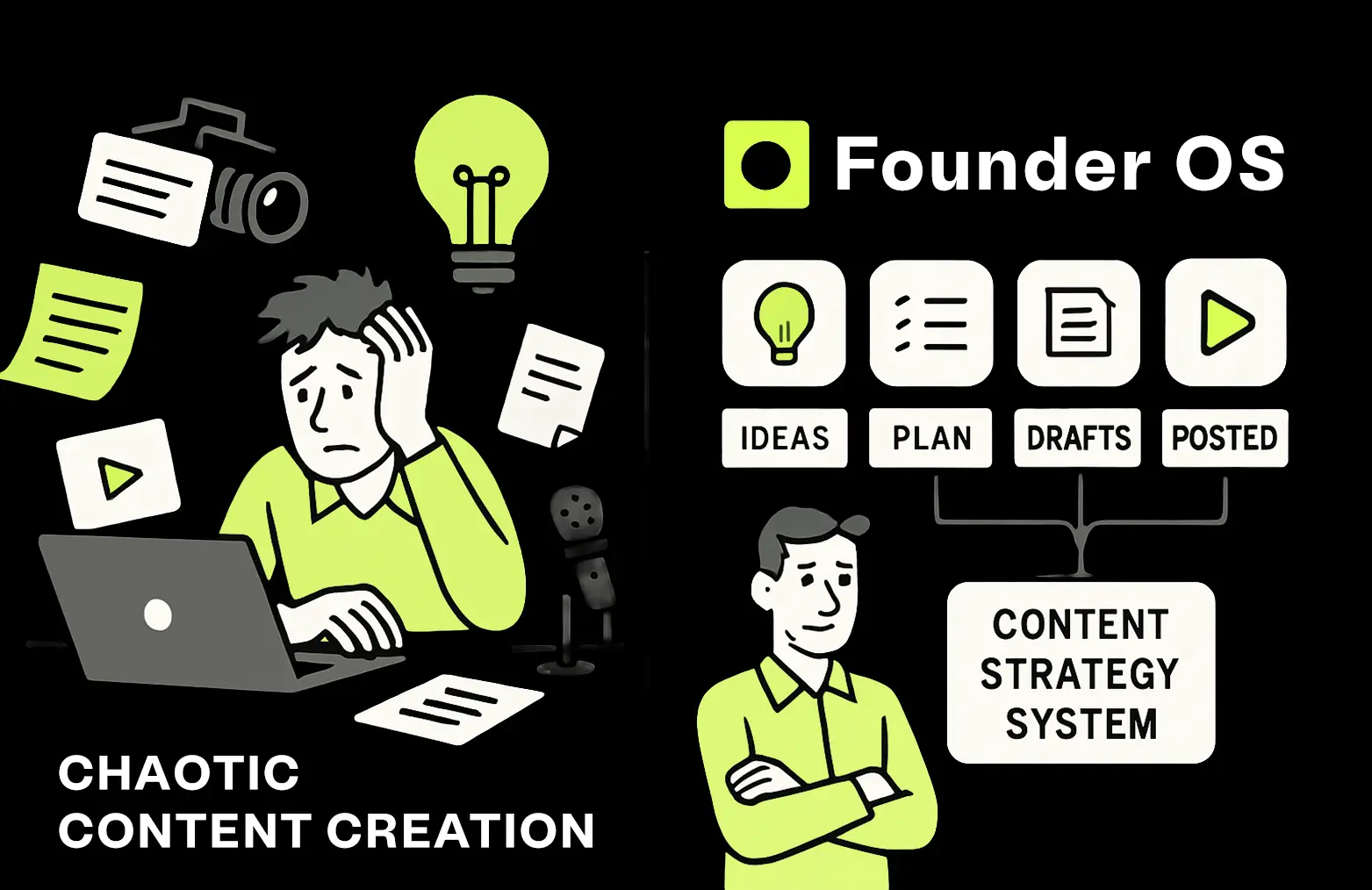What Is SEO?

Search engine optimization, or SEO, is the art and science of making your website rank higher on search engines like Google or Bing. Think of SEO as the steps you take to make your online storefront more attractive to potential customers.
How Does SEO Generate Leads?
With SEO, a user will conduct a Google search online for a query related to your business. Obviously, you want your website to show up near the top of the search engine results pages (SERPs). That’s where SEO comes in.
By making your website more appealing to search engines, you increase your online visibility and drive more traffic to your site through better search engine rankings. This traffic is full of potential leads who are searching for businesses just like yours.
But like everything, there are some advantages and disadvantages you need to be aware of.
What Are the Pros and Cons of SEO?
Like any strategy, SEO has some pros and cons that are helpful to keep in mind in order to make the most of your efforts.
Pros:
Some of the best advantages of SEO include the following:
- Cost-Effective: While SEO takes effort, it doesn’t cost money for clicks like paid advertising.
- Long-Term Results: SEO builds over time, giving you lasting benefits.
- Organic Traffic: Your website visitors find you naturally, building trust.
Cons:
When it comes to downsides, be mindful of these:
- Takes Time: SEO doesn’t give overnight results. It takes work to see progress.
- Is an Ongoing Effort: SEO isn’t a “set it and forget it” strategy. Search engine algorithms change, so you need to stay on top of it.
What Are Some SEO Best Practices?
To get the most out of your SEO tactics, there are a few key things you need to focus on. Think of these as the pillars that will make your website strong and noticeable to search engines:
Keyword Research
Understanding your target audience is crucial. Don’t underestimate the power of keyword research — it reveals the exact search terms potential customers use when searching for businesses like yours. This forms the basis of a successful SEO strategy.
SEO tools like Google Keyword Planner, SEMrush, and Ahrefs can be a huge help in identifying relevant keywords.
High-Quality Content

Don’t just stuff keywords into your website as part of your online marketing efforts. Focus on creating content that is useful, informative, and engaging to searchers.
Answer your potential customers’ questions, solve their problems, and position yourself as an expert in your field. Blog posts, articles, videos, infographics — choose formats that resonate with your audience.
On-Page Optimization
This is where you fine-tune the technical details of your web pages. Optimize elements like:
- Title tags (the clickable headlines in search results)
- Meta descriptions (the short summaries below the headline)
- Image tags
All of these help search engines understand what your page is about.
Link Building
Links from other reputable websites act like “votes of confidence” for your site. It signals to search engines that your content is valuable and trustworthy. Reach out to industry blogs and partner websites.
Relevant online communities can help, too. Explore link-building opportunities, such as guest posting or resource sharing.
So, what does this all mean? SEO is a process. It’s kind of like building a house — you need a strong foundation to begin, as well as ongoing care and upkeep for it to last.
Stay focused on these best practices and keep yourself updated on the latest SEO trends. You’ll establish your website as a valuable online resource. Over time, this will translate into a steady stream of organic leads. And that can turn into long-term growth for your business.




.webp)


